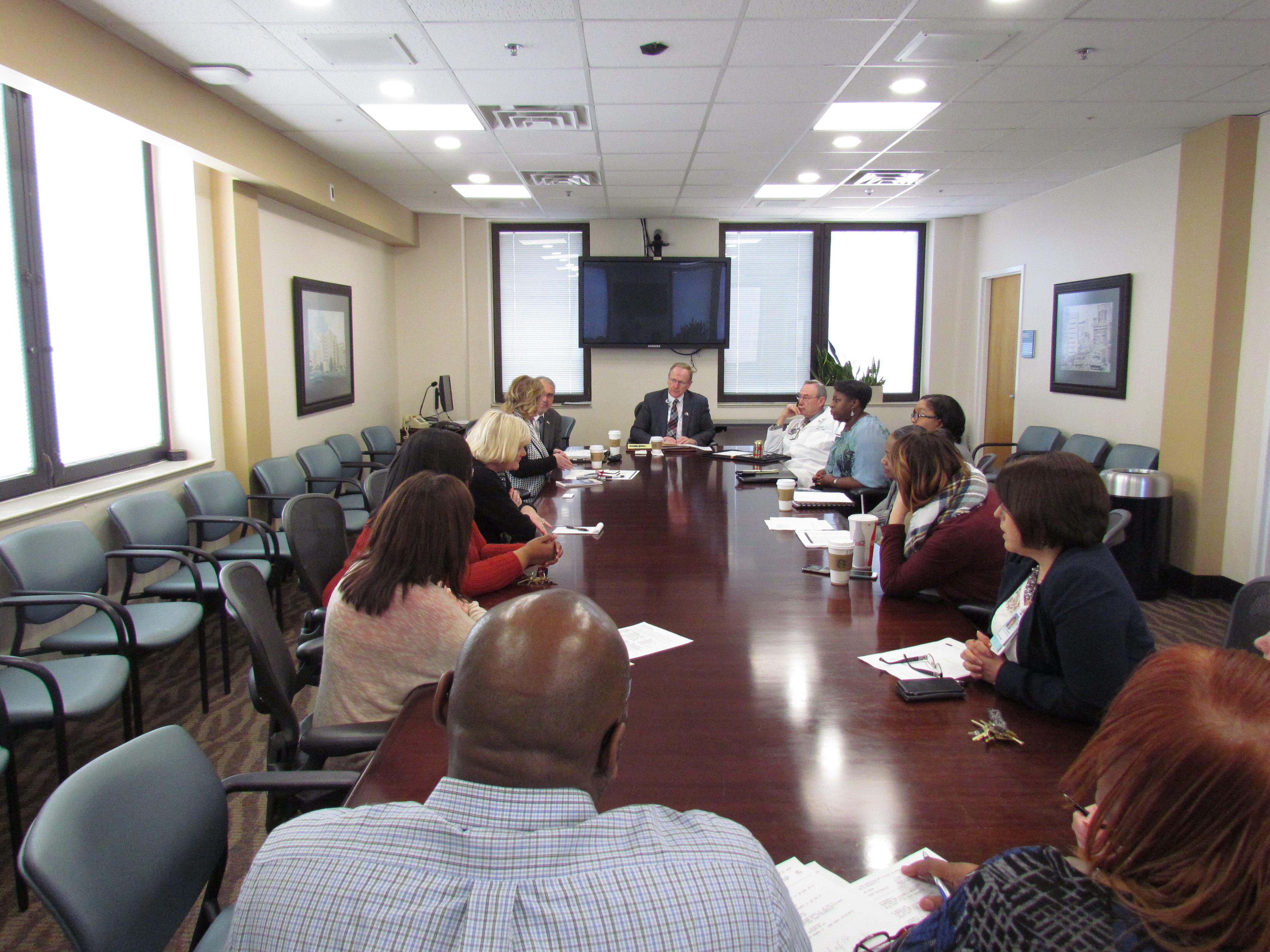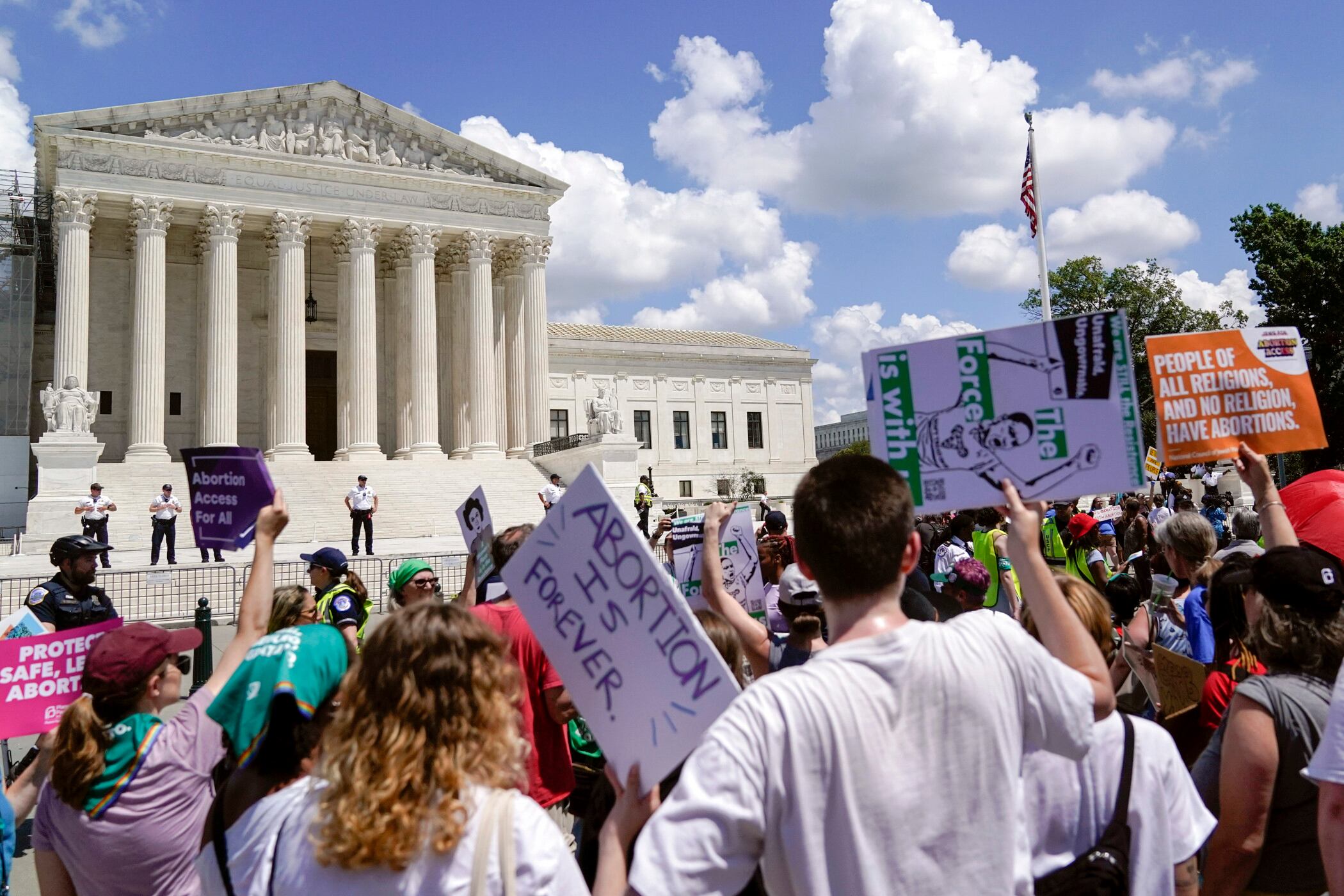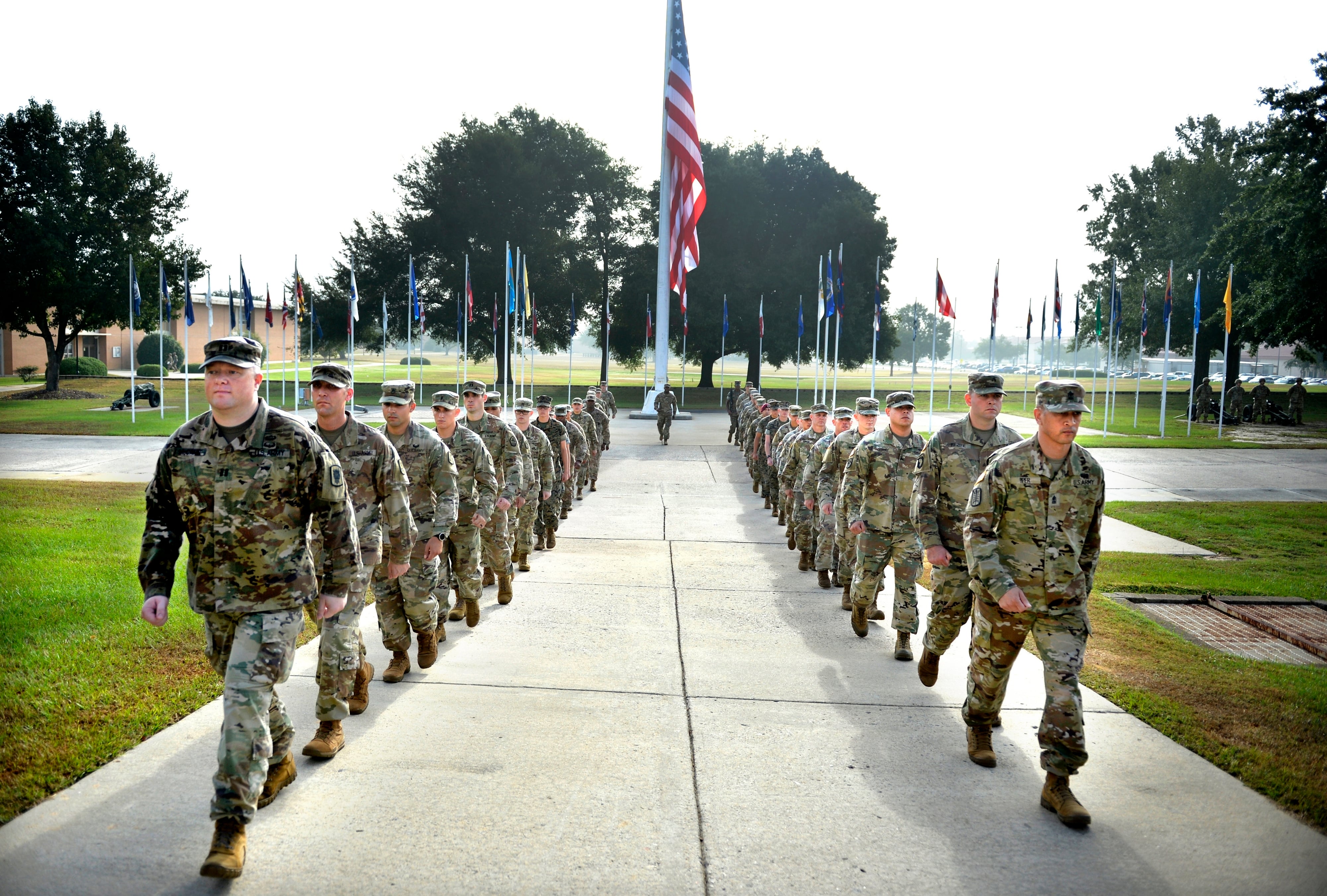For the first time in six years, the number of U.S. troops killed in overseas operations has increased over the previous year.
So far this year, 31 service members have died in actions overseas, according to Defense Department data.
Last year, the total was 26, down two from 2015.
The figure does not include 17 sailors killed in two separate ship collisions this year.
And the figures fall far from the high of more than 1,000 deaths in 2007, when many more forces were deployed to Iraq — the surge of 20,000 additional troops began that year — and Afghanistan.
But an increased presence in Africa, continued support for U.S. Central Command operations in Syria and Iraq, along with 14,000 troops in Afghanistan means more troops are in harm’s way.
Two former senior Army officials who commanded troops in combat said leaders will do everything in their power to mitigate risk to troops. But risks remain.
“The bottom line is we’re putting people in harm’s way,” said one official, who did not wish to be identified.
Most recently, the high-profile deaths of four special operations soldiers in Niger have highlighted the persistent nature of operations across the globe.
The soldiers were working alongside 30 Nigerien troops when they were ambushed. Four U.S. and five Nigerien soldiers were killed.
And while ongoing missions such as “train, advise and assist” are not specifically combat missions, they often put U.S. service members in harm’s way.
“You’re going to see that continue,” a former senior Army official said.
As the Islamic State and other terrorist organizations adapt, more, not fewer, such missions will be needed.
The official pointed to plans to deploy the Army’s new Security Force Assistance Brigade, which is designed for the train, advise and assist mission, to Afghanistan, likely during the nine-month fighting season that begins in the spring.
Meanwhile, Special Forces soldiers continue to bear the burden of many of the missions in the more than 80 countries in which they operate, said retired Maj. Gen. Simeon Trombitas, chairman of the Green Beret Foundation, which supports wounded Special Forces soldiers and families of fallen Green Berets.
But small teams of Special Forces soldiers working around the world aren’t anything new, Trombitas said.
“Since 1952, we’ve been conducting missions unknown to the general public and, sometimes, to the conventional forces,” Trombitas said. “By the nature of Special Forces, many of the things they do are high risk.”
Todd South has written about crime, courts, government and the military for multiple publications since 2004 and was named a 2014 Pulitzer finalist for a co-written project on witness intimidation. Todd is a Marine veteran of the Iraq War.





